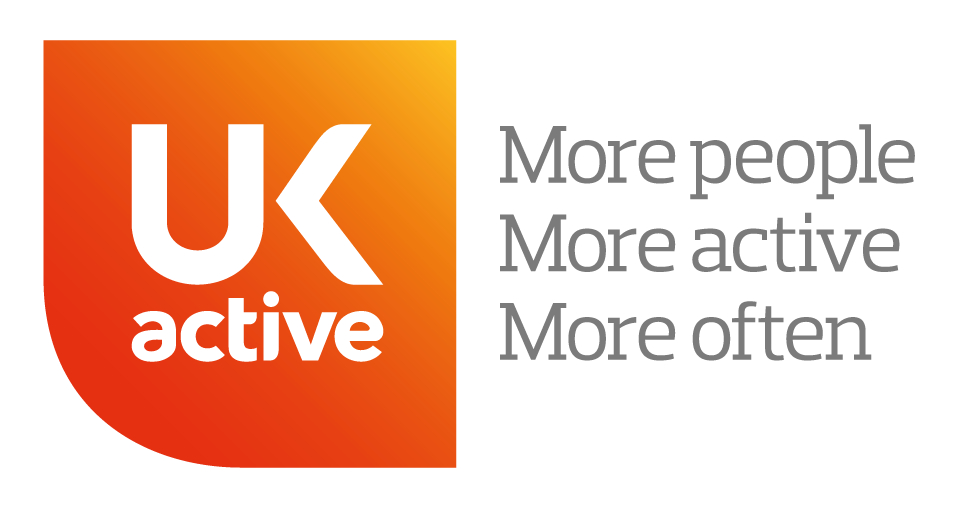By Miri Smith, Public Affairs and Policy Executive, ukactive
The election campaign has intensified this week, with the first of the TV debates between the two primary candidates for Prime Minister crystalising the positions of both parties as we head into the middle of the campaign. However, the return of Nigel Farage as leader of Reform UK, continued low poll ratings, pushback against analysis of future tax rises and an apology over D-Day commemorations have done little to change the narrative of an upcoming change of Government.
Tuesday’s debate between Keir Starmer and Rishi Sunak was an opportunity for both men to deliver their pitch directly to the country. With limited time given to each question, there was very little insight into policy, with both leaders focusing on attacking the record and/or vision of the other. During a discussion on young people’s futures, Starmer did reference the importance of integrating health clubs within new developments as part of Labour’s plans.
It was suggested ahead of the debate that Sunak would need to land a knockout blow to salvage his campaign, and despite a YouGov poll immediately afterwards suggesting he shaded it, further analysis was far from conclusive. The next few days were dominated by differing views over the use of calculations of Labour’s tax plans, which may have pleased Conservative strategists, but the campaign remains dogged by problems.
Nigel Farage’s return as leader of Reform UK presents a further threat to the Conservative core vote, as evidenced by its expected vote share climbing in multiple midweek releases. And the week closed with an apology from the Prime Minister for leaving D-Day commemorations early for an interview with ITV – a move which is unlikely to play well with the very voters the Tory campaign has targeted from the beginning.
Specific policy announcements were few and far between, although Labour did reiterate its plan to expand the existing Apprenticeship Levy into a ‘Growth and Skills’ Levy. This change would allow firms to use up to 50% of their levy contributions for training through alternative routes, not just apprenticeships. Meanwhile, the Liberal Democrats pledged to reverse Conservative cuts to the Public Health Grant worth £1bn a year and echoed ukactive’s narrative that there can be no growth without health.
While the past week has seen plenty of competing claims about tax rises, all Parties appear to be avoiding discussion of the incredibly tight fiscal situation for the next Government. The Institute for Fiscal Studies argues that it is likely the next Chancellor will need to announce tax rises, public spending cuts or borrowing – or all the above – in order to stick within their pledge on fiscal rules. This will have a significant impact on the ambition set out in parties’ upcoming manifestos, and their plans when in Government.
Manifestos are set to be published next week, with Labour’s reportedly planned for Thursday. ukactive will be providing analysis on the manifestos at the end of next week. These are anticipated to be relatively light on detail, beyond that which the parties have already committed to, although we expect to see more detail on Labour’s plans around business rates reform.
As a reminder, ukactive’s General Election Toolkit is available for members containing useful information, talking points and a template for members to use when engaging with their local Prospective Parliamentary Candidates (PPCs). ukactive is continuing its engagement with the central teams of the main political parties, the teams around party leaders, the media, and other industry organisations. We have also been working with the National Sector Partners Group, to ensure we continue to lobby and campaign together, maximising our sector’s voice throughout the General Election.
To learn more, read our General Election statement here and download our policy paper. For more information or support, email: publicaffairs@ukactive.org.uk





